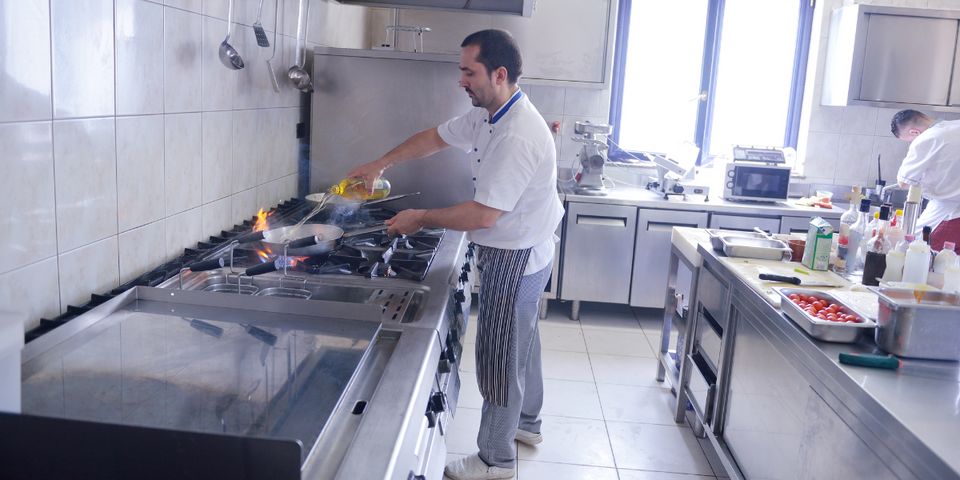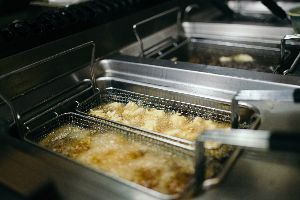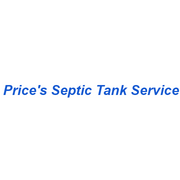A Guide to Grease Trap Requirements for Restaurant Health Inspections

To run a restaurant, you need to pass routine and surprise health inspections. Getting cited for a health violation can have a negative impact, so it's essential to do everything you can to follow the law and ensure the health and safety of your customers. The grease trap is a key element of an inspection, and it has very specific requirements, including routine grease trap cleaning. Here's a closer look at the typical requirements.
Do Requirements Vary by Region?
Exact requirements depend on local government standards at the county or city level. Laws are put into place to help communities manage the buildup of fats, oils, and grease (FOG) in sewage systems. FOG contaminants clog treatment plants and put a strain on the systems, causing local governments to put more money and work into clearing blockages. Because of this, requirements are strictly enforced as part of mandated health inspections of restaurants and other food-producing establishments.
What Are Some Typical Requirements?

As an example, the city of Atlanta requires that outdoor grease traps must have a capacity of no fewer than two 1,500-gallon traps in series for a total capacity of 3,000 gallons. The law also prohibits the discharge of specific materials into the indoor grease trap, such as wastewater with a temperature higher than 140 degrees Fahrenheit or waste discharge from dishwashers and garbage disposals.
The trap's drainage rate is commonly regulated, such as a minimum 22.5 gallons-per-minute (GPM) flow rate to empty the fixture of liquid. Local municipalities may also require a certain retention capacity for each trap, such as 2 pounds of grease for each GPM of water flow.
A wastewater discharge permit must also be held by the restaurant. In Atlanta, the amount of FOG in a grease trap must not exceed 25% of its total operating depth, which means that regular pumping is necessary to stay within this margin. Your local municipality will inform you of the laws overseeing your establishment.
Why Is Grease Trap Maintenance Essential?
In order to avoid violations from inspectors, restaurants need regular grease trap cleaning and pumping. These services are also necessary to ensure the oil, fat, and grease from cooked food are disposed of in a safe and sanitary manner.
A grease trap can produce sulfuric acid when it harbors waste for too long. This can cause damage to the tank, and the rotting food trapped in it can create an odor that travels back into the restaurant and affects the dining experiences of guests. The longer you wait to have a grease trap cleaned, the more difficult it can be to clean it as the food waste hardens and adheres to the tank.
For professional grease trap cleaning in the Danielsville, GA, area, turn to Price’s Septic Tank Service. A family-owned and -operated business, they have a long history of providing reliable and affordable services. The team works with both residential and commercial clients to provide a wide range of septic services, such as septic tank pumping and grease trap cleaning. To schedule an appointment, call (706) 789-3263. Visit them online to learn more about keeping your restaurant sanitary and up to code.
About the Business
Have a question? Ask the experts!
Send your question

